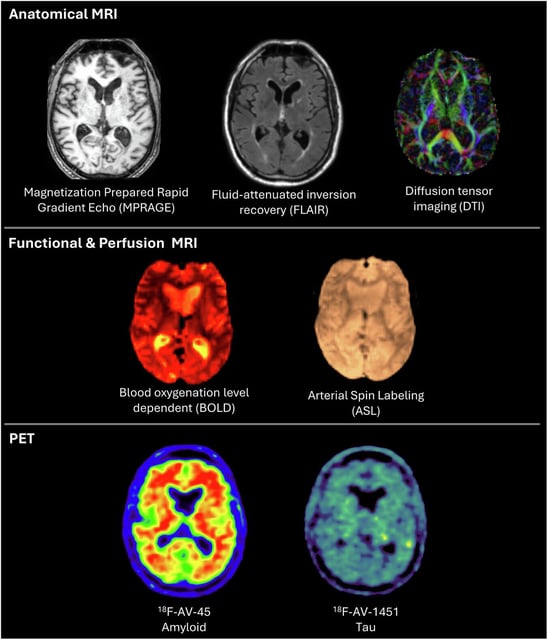Overview
- The DLBS collected neuroimaging and cognitive data from 464 adults aged 21 to 89 at three intervals over ten years, yielding a rich longitudinal resource for brain aging studies.
- Funded by a National Institute on Aging MERIT Award, the study prioritized sustained data collection without early publication pressures and maintained high participant retention across three waves.
- Recent DLBS findings reveal progressive breakdown of brain networks throughout adulthood and unexpectedly high amyloid protein levels in cognitively healthy individuals.
- The latest data wave incorporates tau imaging, supporting evidence that amyloid accumulation can precipitate tau tangles associated with Alzheimer’s pathology.
- The publicly available dataset includes MRI and PET scans, neuropsychological assessments and health surveys to facilitate personalized analyses of aging trajectories.

